Myelopathy or spinal cord compression is one of the most common causes of cervical or neck pain
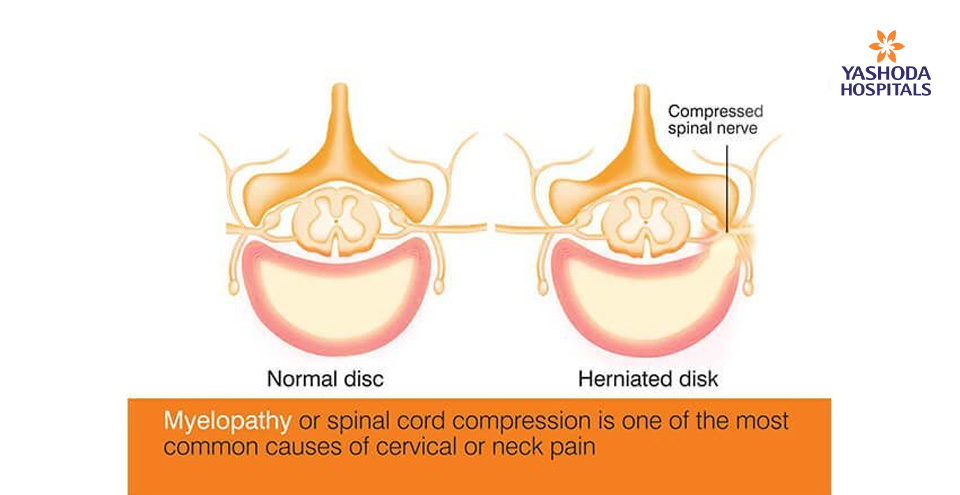
Myelopathy is a nervous system disorder that affects the spinal cord. It is seen as Cervical myelopathy (compression of the spinal cord in the neck), Lumbar myelopathy (nervous system disorder that affects the spinal cord in the lower spine) and Thoracic myelopathy (nervous disorder that affects the spinal cord in the middle thoracic spine region). Myelopathy is a collective name for many different types of problems of the spinal cord. Myelopathy may occur due to spinal cord injury, disease process, inflammation, circulatory disorder and other problems affecting the spinal column.
CAUSES
Myelopathy occurs due to different factors. An accident, injury or blow to the spine; spinal stenosis, a condition that can damage the spinal cord; degenerative disc disorders such as osteoporosis; tumors of the spinal column and due to diseases like multiple sclerosis.
SYMPTOMS
The symptoms of myelopathy are seen as problems with balance, walking or muscle weakness. The symptoms also include neck stiffness, deep aching pain in one or both sides of the neck, pain in the arms and shoulders, stiffness and weakness in the legs leading to difficulty while walking.
RISKS AND COMPLICATIONS
The risks and complications of myelopathy are seen as of muscle weakness particularly in your arms, numbness in your arms and hands, and atrophy a condition seen as deterioration of the muscles and their shrinking in size.
TESTS AND DIAGNOSIS
The doctor makes a physical examination to check the physical reflexes, muscle weakness in the arms, and hands. Any condition of numbness in the arms and hands, and deterioration of the muscles is observed. On confirmation of possible signs and symptoms of myelopathy, the doctor may advice for tests like X-rays, MRI and EMG. If the X-rays check the alignment of the vertebrae in the neck region, MRI helps to check the spinal cord compression, and Electromyogram (EMG) helps to identify symptoms other than those related to myelopathy.
TREATMENT
Depending on the complications of Myelopathy, the treatment is advised by the doctor. It may include medications as well as surgery. The surgery helps to decompress the spinal cord. Even a brace may be suggested for use, only to immobilize the neck (cervical spine). Exercises to improve the neck strength and flexibility may be advised.





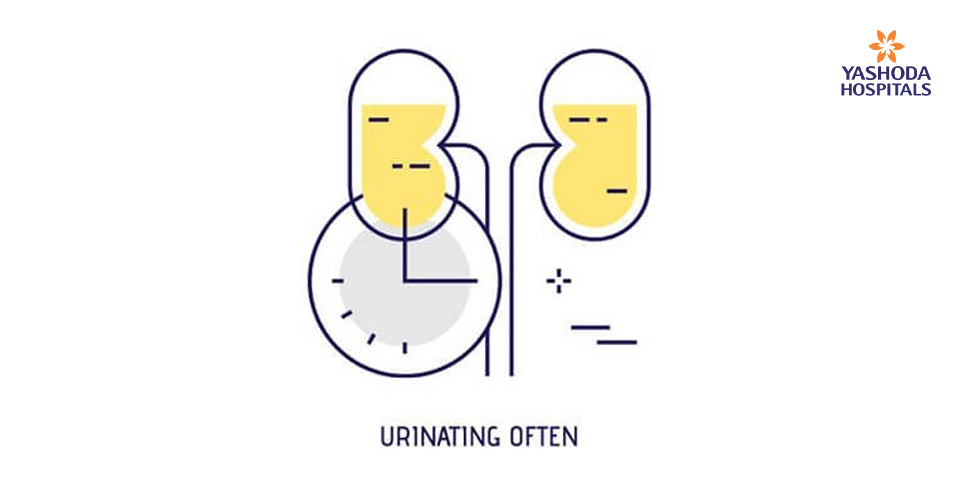
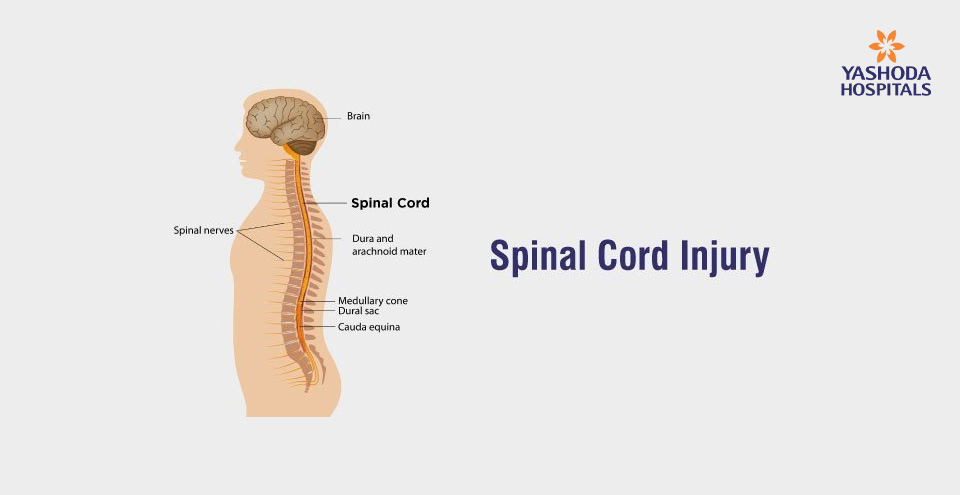
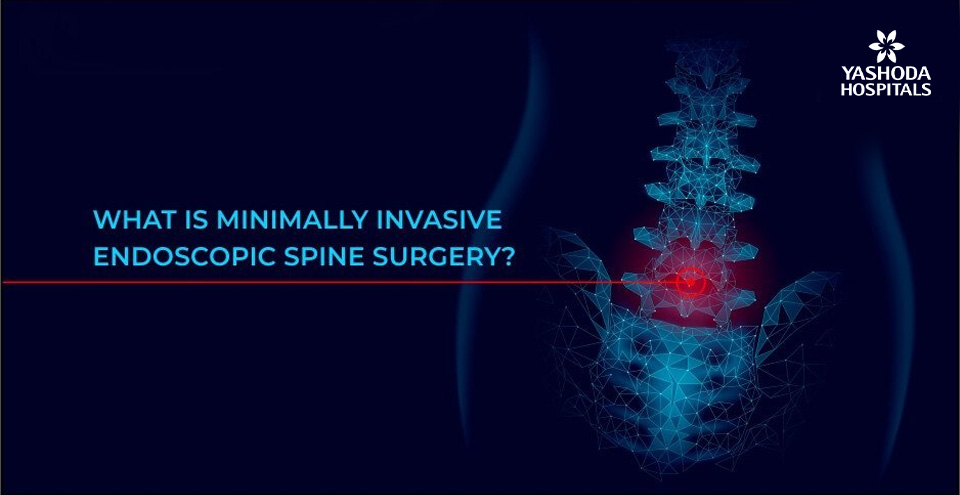

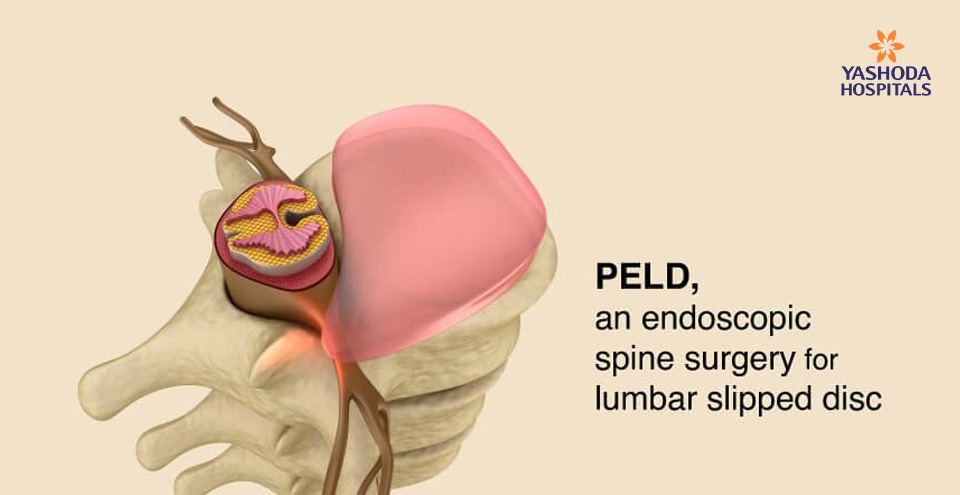



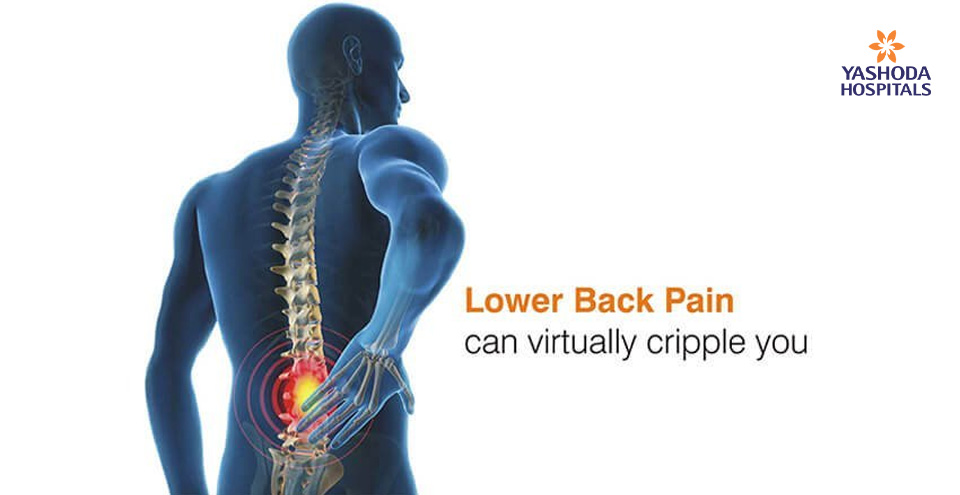


 Appointment
Appointment WhatsApp
WhatsApp Call
Call More
More

